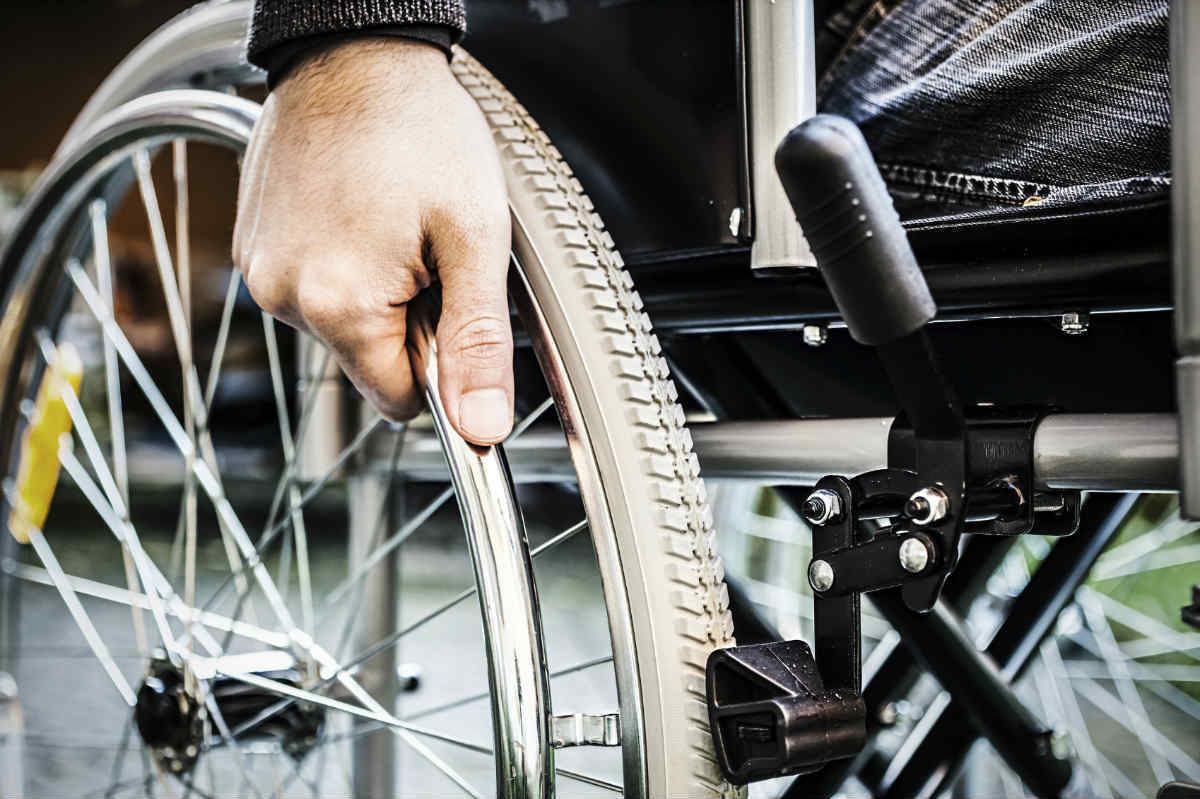The most debilitating injuries resulting from a car accident are those that involve injury to the spinal cord.

If the nerves in the spinal cord are damaged, they do not recover or heal themselves like broken bones or torn ligaments. The damage to the nerves in cases of spinal cord injury (SCI) is permanent and can lead to loss in strength, loss of sensation, and can severely affect other body functions below the site of damage.
Major Contributor to Spinal Cord Injuries
Automobile accidents are major contributors to spinal cord injuries. The amount of force that a body experiences in a severe car accident is much more than it can sustain and can lead to severe injuries and even SCI. The data gathered by the Center for Disease Control and Prevention (CDC) indicates that the number of people in the United States living with SCI is over 200,000. Another statistic reveals that 46% of people got a SCI in automobile accidents. The annual cost of treatment for SCI can vary from $15,000 to $30,000.
The spinal cord is a group of nerves which are shielded by thirty-one vertebrae. A trauma to any of the vertebrae can severely impact the spinal cord leading to a SCI. The most common cause of SCI is automobile accidents and especially commercial truck accidents, head-on collisions, rollover accidents, motorcycle crashes, and side-impact collisions. A sudden blow to the spine in an accident can compress or crush the vertebrae shielding the spinal cord and the nerves inside can sustain permanent damage.
Types of Spinal Cord Injuries
There are different types of SCI varying from incomplete to complete and permanent paralysis. Given below are the various types of SCI and how it affects the victim.
- Anterior cord syndrome – Loss of sensation or complete paralysis below the site of injury.
- Central cord syndrome – Upper body is weakened and partial loss of sensation below the injury site.
- Posterior cord syndrome – The victim loses the perception of body parts.
- Brown-sequard syndrome – Loss of sense below the site of injury and vibration sense.
- Cauda equina syndrome – Loss of function in the lumbar region.
- Individual nerve trauma – Body part controlled by the nerve stops functioning.
- Spinal contusion – Bruise in the spinal cord which lasts for a few days.
- Paraplegia – Loss of sensation and movement in the lower body.
- Quadriplegia – Complete loss of sensation and movement of the limbs and torso.
“Car Accident That was Not My Fault”
Living with a SCI can be extremely difficult as day-to-day tasks become a challenge. The limitations due to a SCI can severely alter a person’s life as well as the lives of their loved ones. If the injury has happened due to the negligence of another driver, contact a St. Louis car accident attorney from The Hoffmann Law Firm, L.L.C. We protect your legal rights and will ensure that you receive the rightful compensation for the pain and suffering endured.
